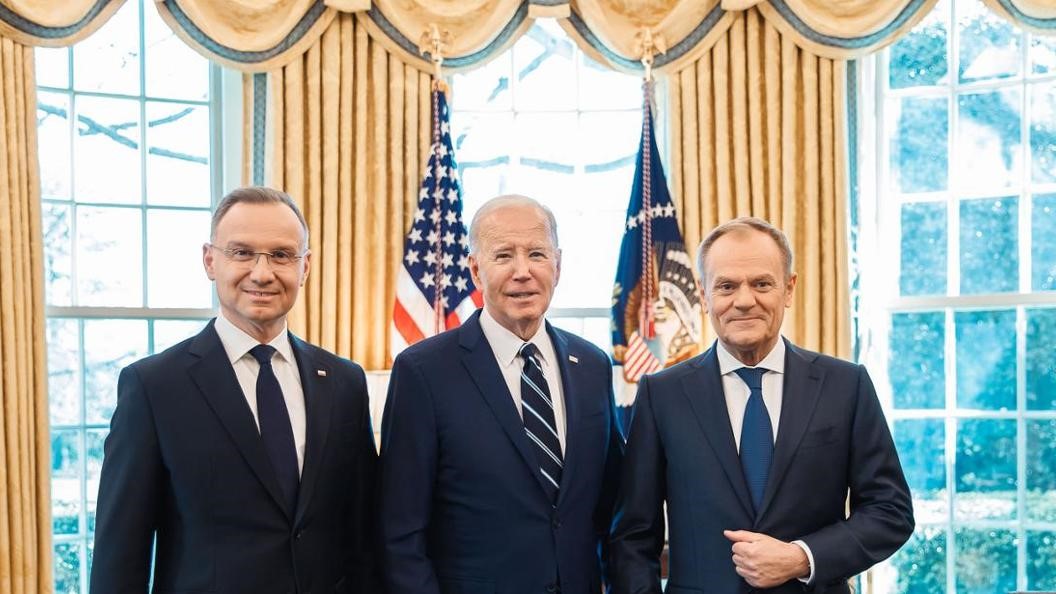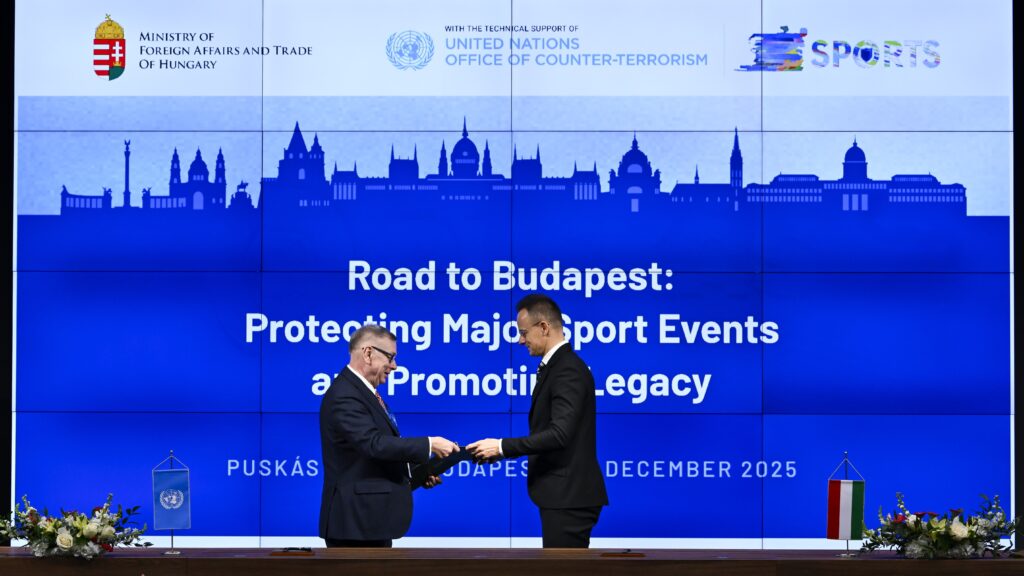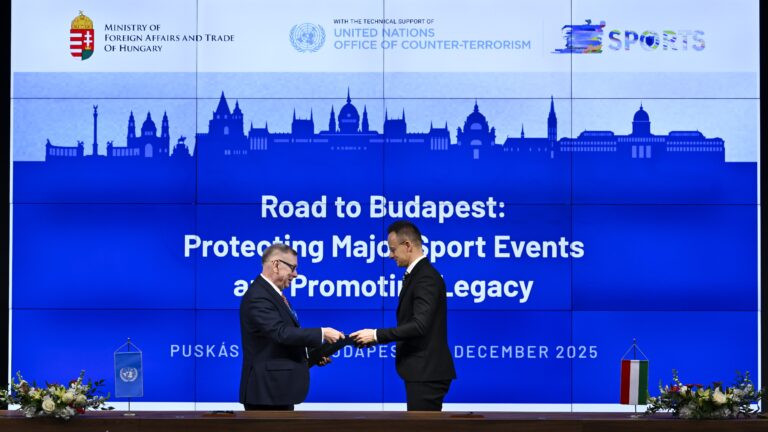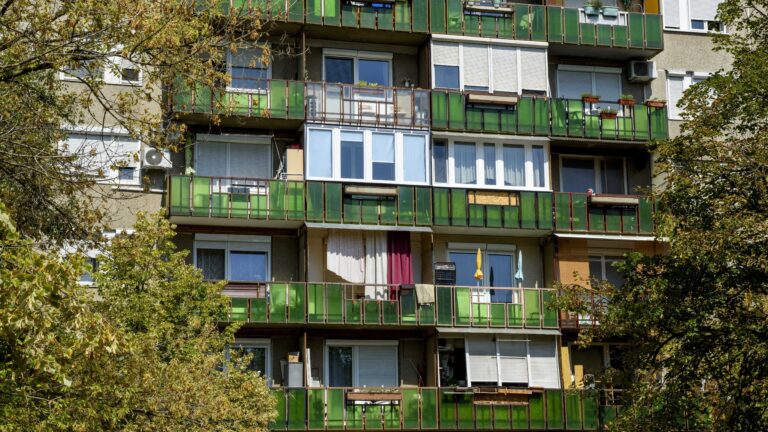According to the Polish Gazeta Wyborcza, Hungarian Ambassador to Warsaw István Ijjártó has been placed under a diplomatic boycott. As previously reported by Hungarian Conservative, the ambassador was informed that he was ‘not welcome’ at the opening ceremony of Poland’s rotating EU presidency. However, this now appears to be part of a broader pattern of explicit hostility and deteriorating bilateral relations.
‘State institutions have reportedly been advised not to attend events where the Hungarian ambassador is present’
Gazeta Wyborcza further reports that Ijjártó was excluded from a meeting between Polish Foreign Minister Radosław Sikorski and ambassadors of EU countries accredited to Poland. Additionally, Polish state institutions have reportedly been advised not to attend events where the Hungarian ambassador is present.
Since Donald Tusk’s election victory in October 2023, relations between Hungary and Poland have steadily deteriorated, impacting the once highly successful Visegrád Four cooperation. The current diplomatic campaign against Ijjártó stems from Hungary’s decision last December to grant political asylum to former Polish Deputy Justice Minister Marcin Romanowski.
As reported by Hungarian Conservative, Romanowski is accused of misappropriating funds from the Justice Fund during his tenure at the Ministry of Justice under the previous Law and Justice (PiS) government. A Warsaw district court has recently issued a European arrest warrant against him. The charges include eleven alleged criminal offences, such as participating in an organized criminal group that caused damage to state property.
Romanowski has denied the allegations, describing the prosecution’s actions as unlawful and asserting that the Sejm’s (the Polish legislature) decision to waive his parliamentary immunity was invalid.
Gergely Gulyás, Chief of the Hungarian Prime Minister’s Office, who announced the granting of political asylum, criticized the state of the rule of law in Poland. He pointed out that Romanowski’s case raises concerns about the possibility of a politically motivated verdict, which Hungary cannot accept. Gulyás also emphasized specific evidence of procedural shortcomings in the case, noting that Romanowski was arrested this summer despite enjoying immunity as a member of the Parliamentary Assembly of the Council of Europe.
‘The Polish government has not ruled out the possibility of expelling the Hungarian ambassador from the country’
In his final international press conference of 2024, Hungarian Prime Minister Viktor Orbán hinted that Hungary might extend political asylum to additional persecuted Polish opposition politicians in the future.
According to Gazeta Wyborcza, the Polish government has not ruled out the possibility of expelling the Hungarian ambassador from the country. Meanwhile, the Polish ambassador to Budapest, Sebastian Kęćek, has been indefinitely reinstated by the Warsaw government.
In addition to boycotting the Hungarian ambassador and generally downgrading diplomatic relations, Poland is reportedly planning to take action against the Orbán government within the European Union. This could include lodging a formal complaint with the European Commission over Hungary’s failure to execute a European arrest warrant.
Meanwhile, Romanowski issued a set of five conditions under which he would be willing to return to Poland and face justice. All of these conditions demand that the government reverse changes it has made to Poland’s justice system since taking office.
Related articles:







